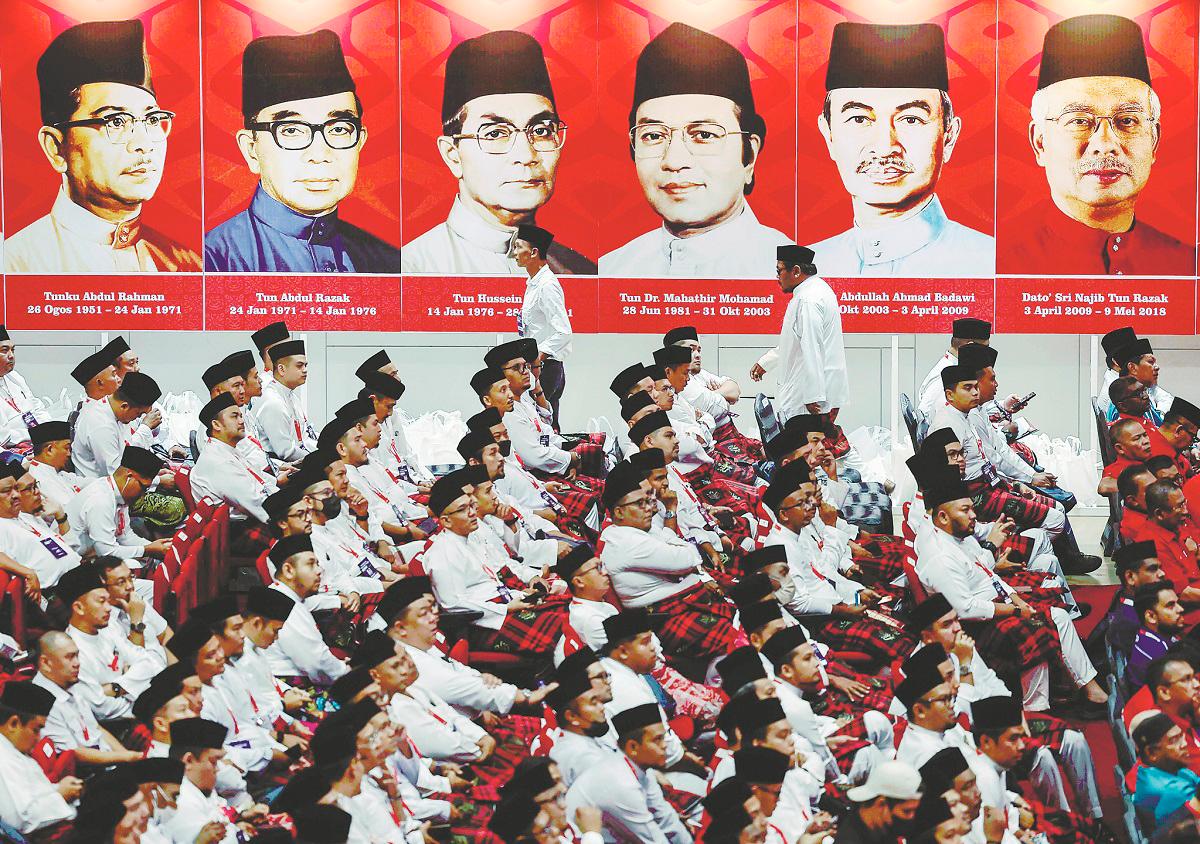PETALING JAYA: In Malaysian politics, succession planning often means waiting for someone to retire or expire. Analysts say it is time party leaders stop treating their posts like family heirlooms and start grooming the next generation.
Universiti Malaya academic Dr Mohammad Tawfik Yaakub said party presidents who have held office for more than two terms should prepare successors and give younger members a shot at leadership.
“Leaders who are already 75 should step aside and make way for new faces. Most political parties today still have presidents aged above 75,” he told theSun.
He said parties should not just expand membership, especially in their youth wings, but must empower younger members by appointing them to senior posts such as vice-president or supreme council member through appointed seats.
“Parties should open up competition at all levels, including among youth, while providing political training and exposure so that young people are encouraged to participate actively.”
He added that denying young members space to speak up or move up the ranks would only discourage them from joining politics. He suggested introducing political education and leadership training from the age of 15 so that by 18, Malaysians are ready to lead.
In the University of Tasmania, political analyst Prof James Chin said Malaysia’s problem, shared by many developing nations, is that corruption often sits at the heart of politics.
He said this fuels the reluctance of leaders to groom successors, preferring instead to cling
to power.
“And when succession does happen, it usually stays within the family,” Chin said, adding that Malaysia’s case is complicated by fear that proteges might one day turn against their mentors.
“There are plenty of examples, but the most prominent is the fallout between Tun Dr Mahathir Mohamad and Datuk Seri Anwar Ibrahim. Mahathir believed he could trust Anwar; that decision backfired.”
He said the same pattern unfolde with Mahathir’s other proteges; the late Tun Abdullah Ahmad Badawi and the now-incarcerated Datuk Seri Najib Razak.
“The root of the problem lies in the refusal of senior politicians to accept differing views or directions from their successors.”
He also said many leaders act as if they are beyond reproach once in office, while Malaysia’s political arena remains dominated by ageing figures.
“Most are already in their 70s. We need more dynamic, forward-thinking leaders. With technology advancing rapidly, some older politicians’ worldviews have become outdated, yet they stay in power for decades, relying on emotional, religious or racial rhetoric to stay relevant.”
Meanwhile, Universiti Teknologi Mara Chair of the Malay Rulers Institution Prof Datuk Jayum Jawan said academic qualifications alone do not make a capable leader.
“Wisdom and leadership insight come from real-life experience, not just from books or degrees.”
He said true leadership demands compassion, empathy and understanding of others’ struggles, not sympathy posts on social media for likes.
He reminded young leaders that leadership is about responsibility and not popularity, adding that in Malaysia’s multi-ethnic context, leaders must serve all communities, not just their own.
“With a representative system, those who rise to state or national leadership must serve everyone. Senior figures must guide young leaders to stay on course.”
Jayum added that political parties must invest in their youth wings so that when the time comes, capable successors are ready.
“Too often, older leaders assume they could stay in power indefinitely and when they are rejected, the party plunges into crisis because it failed to plan for succession.”
Today, PKR is led by its 78-year-old president and Prime Minister Datuk Seri Anwar Ibrahim, with his 44-year-old daughter and deputy president, Nurul Izzah, waiting in the wings.
Umno’s president, Datuk Seri Ahmad Zahid Hamidi is 72, while PAS is helmed by 78-year-old Tan Sri Abdul Hadi Awang and Bersatu by Tan Sri Muhyiddin Yassin, also 78.
DAP, by contrast, is led by 48-year-old secretary-general Anthony Loke, with 52-year-old Gobind Singh Deo as national chairman, a sign, analysts say, that it is possible to renew leadership without losing direction.









